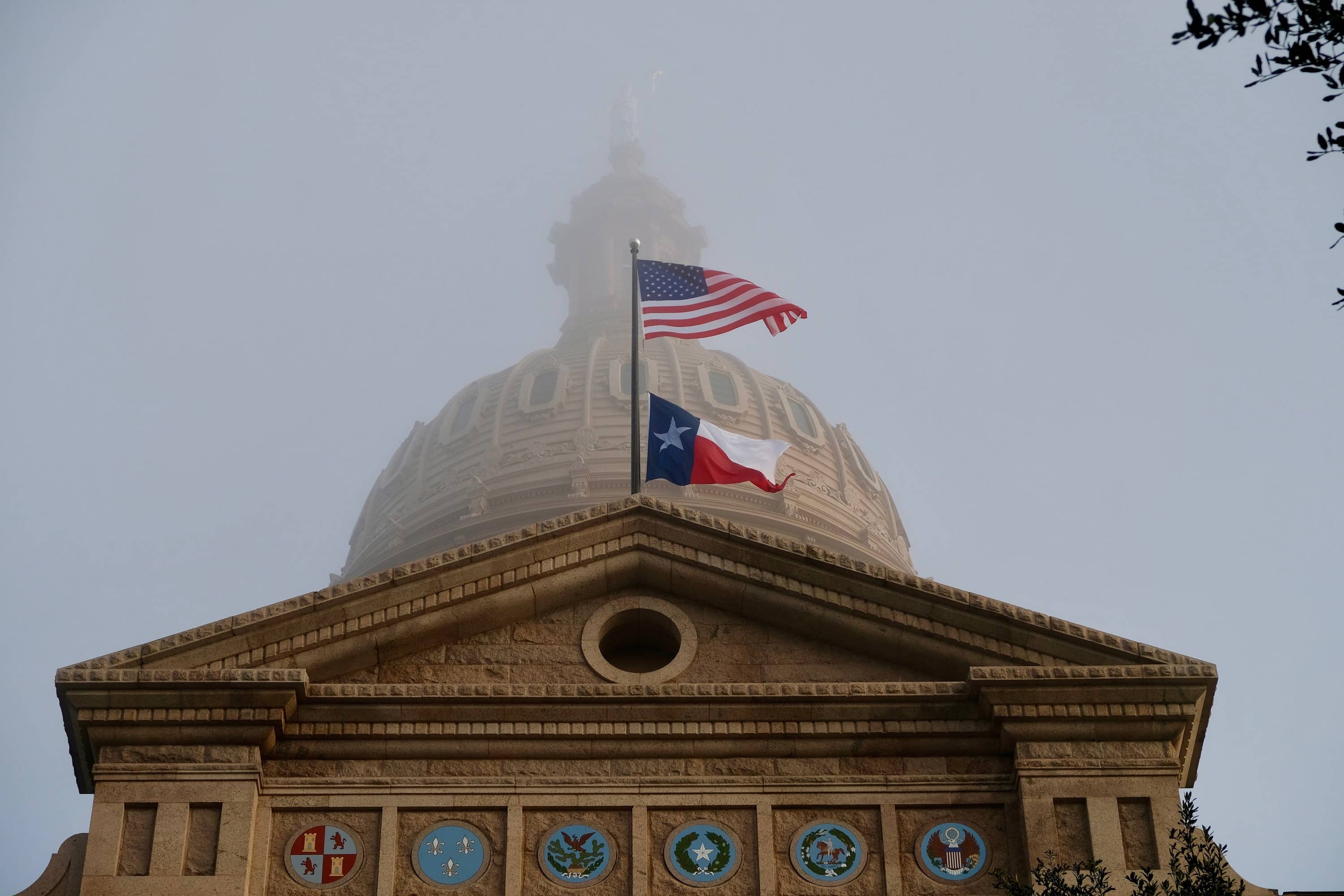
Credit: © Ken Herman via Imagn Content Services, LLC
Syndication: Austin American-Statesman
TEXAS (AP) — A Texas law banning most abortions in the state took effect Wednesday, with the Supreme Court silent on an emergency appeal to put the law on hold.
If allowed to remain in force, the law would be the most far-reaching restriction on abortion rights in the United States since the high court’s landmark Roe v. Wade decision legalized abortion across the country in 1973.
The Texas law, signed by Republican Gov. Greg Abbott in May, prohibits abortions once medical professionals can detect cardiac activity, usually around six weeks and before most women know they’re pregnant.
In a statement after the law took effect, President Joe Biden said it “blatantly violates the constitutional right established under Roe v. Wade and upheld as precedent for nearly half a century.” And he said the law “outrageously” gives private citizens the power “to bring lawsuits against anyone who they believe has helped another person get an abortion.”
In a phone call with reporters early Wednesday, Marc Hearron, a lawyer for the Center for Reproductive Rights, said that “as of now, most abortion is banned in Texas.” Hearron said the abortion providers his group represents were still hoping to hear from the Supreme Court.
The clinics have said the law would rule out 85% of abortions in Texas and force many clinics to close. Planned Parenthood is among the abortion providers that have stopped scheduling abortions beyond six weeks from conception.
Abortion rights advocates say the Texas law will force many women to travel out of state for abortions, if they can afford to do so and also navigate issues including childcare and taking time off work. It is also expected to increase the number of women seeking to self-induce abortions using pills obtained by mail.
At least 12 other states have enacted bans on abortion early in pregnancy, but all have been blocked from going into effect.
—Copyright 2021 Associated Press. All rights reserved. This material may not be published, broadcast, rewritten, or redistributed.












